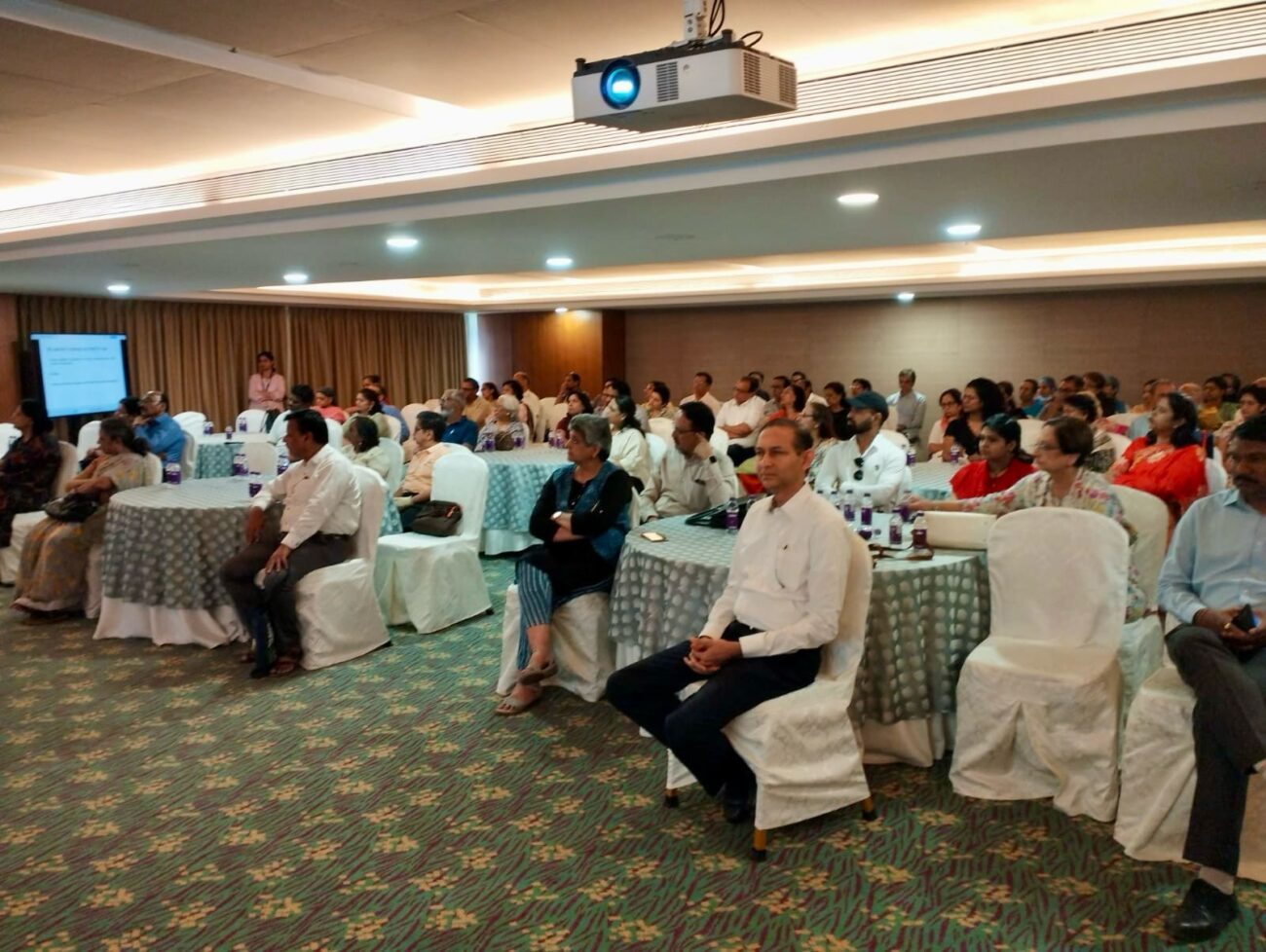India Diabetes Care Index reveals HbA1c marginally drops in Bengaluru
HbA1c is the best recommended indicator of long-term blood sugar control In Bengaluru, the average HbA1c level reduced marginally from 8.45% to 8.39% in past one year27,500+ people with an average age of 55 years
HbA1c is the best recommended indicator of long-term blood sugar control
In Bengaluru, the average HbA1c level reduced marginally from 8.45% to 8.39% in past one year
27,500+ people with an average age of 55 years were part of the analysis in the city, out of which 55% were male and 45% were female

Novo Nordisk Education Foundation unveiled the first-year report of India Diabetes Care Index under the ‘Impact India: 1000-Day Challenge’ programme. According to the report, HbA1c level, the best recommended indicator of long-term blood sugar control reduced marginally from 8.45% to 8.39% in Bengaluru.
HbA1c test gives an idea about the average level of blood sugar control for 3 months. More than 27,500 people with an average age of 55 years were part of the analysis in the city, out of which 55% were male and 45% were female.
Speaking about the report, Dr KM Prasanna Kumar, Director, Primer Academy of Medical Sciences (PAMS) said, “It is good to know that average HbA1c level in the city has dropped a bit according to the latest India Diabetes Care Index. However, we should aim to bring it further down which can only be possible if we manage diabetes effectively. Healthy diet, exercise, medications and monitoring of blood sugar level should be done regularly in order to manage diabetes in a systematic way.”
Talking about the programme, Dr. Anil Shinde, Trustee, Novo Nordisk Education Foundation, said, “At Novo Nordisk, we have been working towards changing diabetes for nearly 100 years. With the Impact India initiative, we have set an ambitious target and hope to see India emerge as a role model in diabetes management. The “Impact India: 1000-Day Challenge” Programme was introduced to address the growing concern of uncontrolled diabetes in India.”
The programme was launched a year ago, to address the issue of suboptimally controlled diabetes in India. The ambition of the programme is to reduce the national average HbA1c by 1%, which can help reduce the risk of diabetes-related complications significantly in India. iDCI® (Indian Diabetes Care Index) was introduced in 2018 as a part of the programme to improve diabetes care in the country. Based on big data analytics, iDCI® has been providing a real-time view of the average HbA1c in India across select cities. Under the Impact India programme, digital platforms are being leveraged to partner with healthcare practitioners (doctors and paramedics) to evolve and implement an approach to diabetes care appropriate for India. iDCI® is a dynamic tool that not only tracks the status of diabetes care but also helps to increase awareness, motivate and sensitise the healthcare professionals (HCPs) and society.
The IMPACT India programme will continue its three-pronged approach over the next two years through interactions with healthcare practitioners (HCPs), societal/patient engagement and monitoring.





